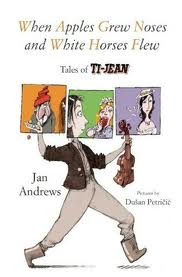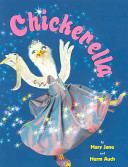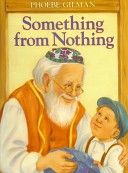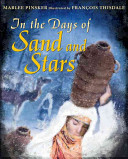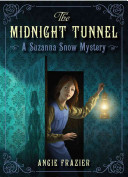Migrant farmers and their families represent an ever-growing body of laborers around the world. They are used as cheap labor but most of them are not allowed to settle down, integrate into their host countries and become citizens with full rights. This is, of course, devastating to their children.
Among these groups are the Mennonites from Mexico, who originally went to Mexico from Canada in the 1920s. They speak “Low German” and though many are poor, they are an important part of the Mexican farm community. Because of free trade and the fact that Mexican farmers cannot compete with highly subsidized US farmers, they have been forced to come back to Canada — as migrant workers — in order to survive. Anna is the child of Mennonites from Mexico, who have come north to harvest fruit and vegetables. Sometimes she feels like a bird, flying north in the spring and south in the fall, sometimes like a jackrabbit in an abandoned burrow, since her family occupies an empty farmhouse near the fields, sometimes like a kitten, as she shares a bed with her sisters. But above all Anna wonders what it would be like to be a tree rooted deeply in the earth, watching the seasons come and go, instead of being like a “feather in the wind.”

